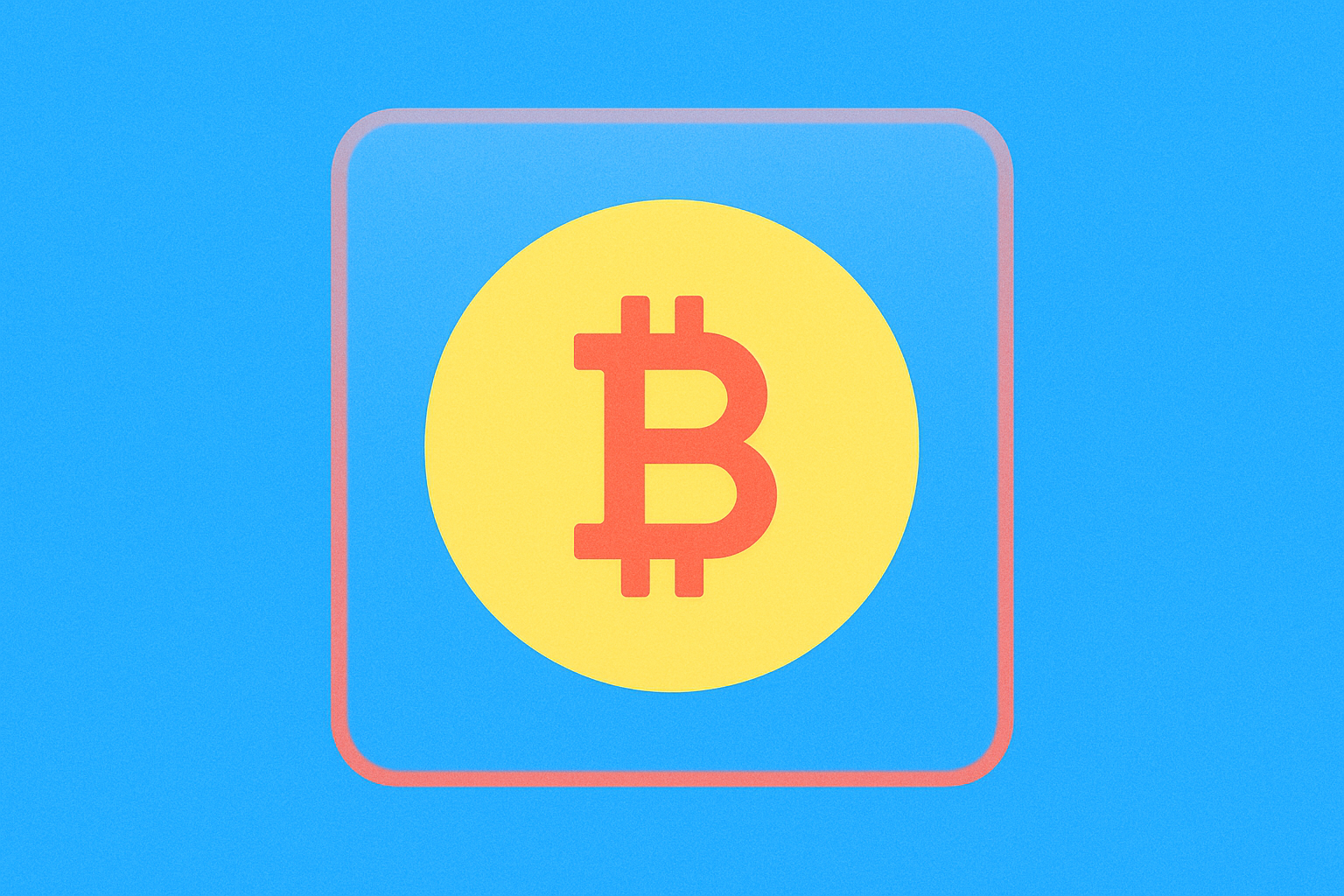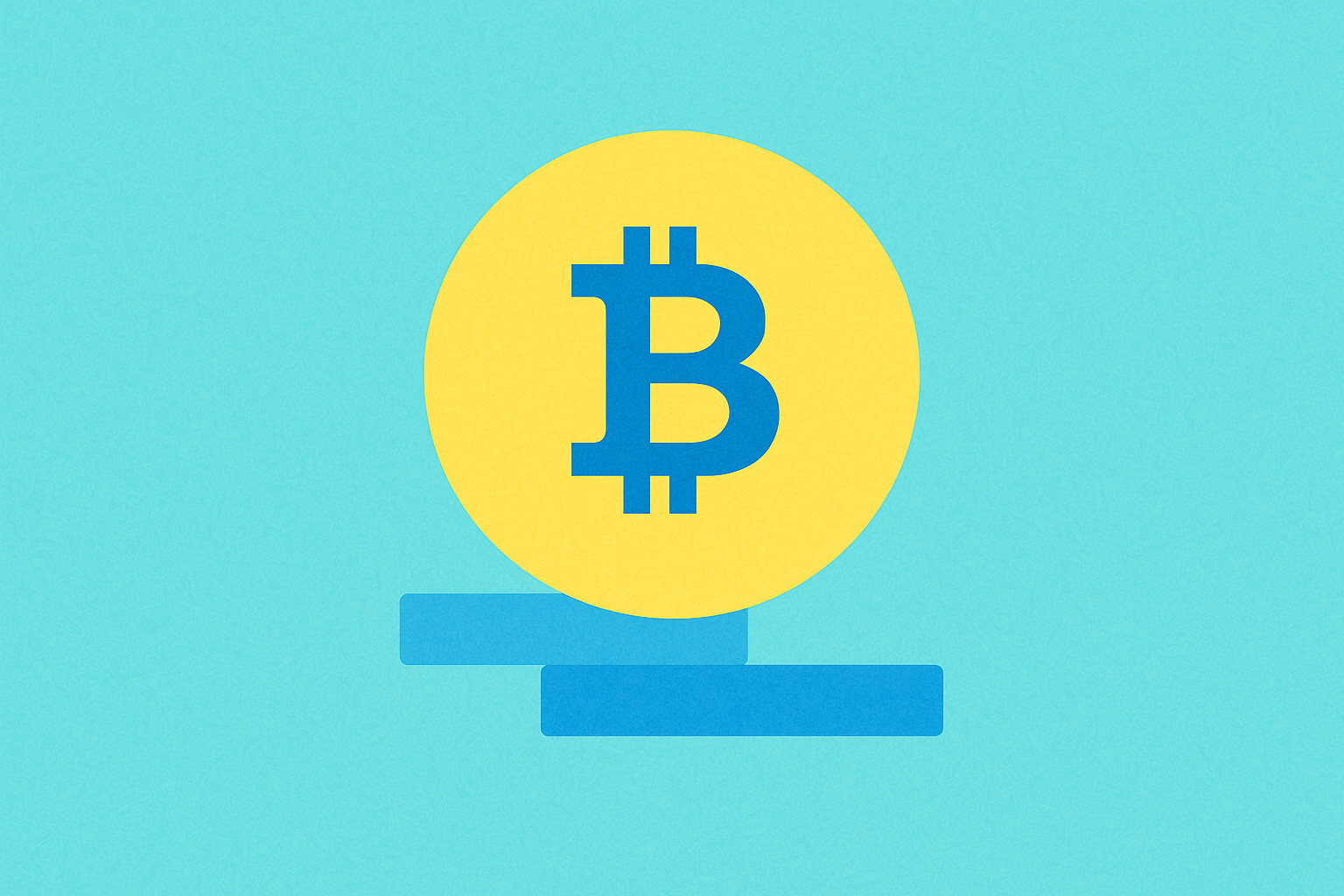Fiat Cüzdan Nedir? Kripto ortamında geleneksel para birimini saklayın ve yönetin


Kripto Dünyasında Fiat Cüzdanlarının Gücünü Açığa Çıkarmak
Fiat cüzdanı, geleneksel finans ile hızla büyüyen kripto para ekosistemi arasında temel bir köprü işlevi görür. Standart kripto cüzdanlar Bitcoin veya Ethereum gibi dijital varlıkları saklarken, fiat cüzdanlar özellikle USD, EUR, ya da GBP gibi devlet destekli para birimlerini dijital ortamda tutar. Bu dijital hesap, kullanıcıların geleneksel para birimlerini güvenli biçimde saklamasını, göndermesini, almasını ve yönetmesini sağlarken kripto ekosistemiyle bağlantılarını sürdürmelerine imkân tanır. Kripto fiat cüzdan çözümleri, blokzincir teknolojisinin olgunlaşması ve yaygınlaşmasıyla birlikte hızla önem kazanmıştır. Kripto para yatırımcıları için bu cüzdanlar, banka sistemleri ile kripto platformları arasında sürekli işlem yapma ihtiyacını ortadan kaldırarak varlık yönetiminde kolaylık sağlar. Modern fiat cüzdanların entegrasyon yetenekleri, kullanıcıların alışılmış para araçlarını korurken dijital varlık fırsatlarını keşfetmesine olanak tanır ve blokzincire ilgi duyan geleneksel finans kullanıcıları için ideal bir başlangıç noktası oluşturur. Gate platformu, geleneksel bankacılıkta beklenen güvenlik standartlarını koruyan ve kripto kullanıcılarının esnekliğini sağlayan gelişmiş fiat cüzdan özellikleriyle bu dönüşümün örneğini sergiler. Günümüzdeki dijital fiat depolama çözümleri, finansal sistemler arasındaki geçişi kolaylaştırarak kripto para benimsenmesini hızlandıran kritik bir altyapı sunar.
Sorunsuz Entegrasyon: Geleneksel ve Dijital Finans Arasında Köprü
Fiat cüzdanlarla kripto para platformlarının entegrasyonu, kullanıcıların finansal sistemlerle etkileşim biçimini köklü şekilde değiştirdi. En gelişmiş fiat cüzdanlar, kripto piyasalarına doğrudan erişim sağlayarak kullanıcıların geleneksel para birimlerini yatırıp kolayca dijital varlıklara çevirmesini mümkün kılıyor. Blockchain üzerinde fiat yönetimi yaklaşımı, kripto benimsenmesinin önündeki engelleri ortadan kaldırıyor. Geleneksel bankacılık ile entegre fiat cüzdanlar arasındaki temel farklar ise şöyle özetlenebilir:
| Özellik | Geleneksel Bankacılık | Kripto Platformunda Fiat Cüzdanı |
|---|---|---|
| İşlem Hızı | Transferler için 1-5 iş günü | Aynı gün veya anında işleme |
| Dönüşüm Seçenekleri | Kısıtlı döviz değişimi | Doğrudan kriptoya dönüşüm |
| Çalışma Saatleri | Sadece mesai saatlerinde hizmet | 7/24 erişim |
| Entegrasyon Seviyesi | Kripto varlıklardan ayrı | Dijital varlıklara doğrudan bağlantı |
| Ücret Yapısı | Çoklu aracı ücretleri | Basit maliyet yapısı |
Bu entegrasyonun teknik altyapısı, bankacılık düzenlemelerine uygunluğu koruyan gelişmiş API’lar ve güvenlik protokolleri ile kripto kullanıcılarının esnekliğini bir araya getirir. Gate, fiat varlıklar ile kripto yatırımlar arasında sorunsuz geçiş sağlayan özel sistemler geliştirmiştir. Kullanıcılar için bu entegrasyon; fonlara hızlı erişim, düşük dönüşüm maliyetleri ve gelişmiş portföy yönetimi gibi avantajlar sunar. Finansal teknoloji analistleri, entegre fiat cüzdan çözümleri sunan platformların harici banka bağlantısı gerektiren borsalara göre %63 daha yüksek kullanıcı tutma oranına sahip olduğunu belirtiyor. Bu sonuç, kullanıcıların tek platformda sorunsuz fiat-kripto entegrasyonuna verdiği önemi vurguluyor. Geleneksel finans kurumları blokzincir uyumluluğunun değerini daha fazla benimsedikçe, fiat cüzdan çözümlerinin kapsamı ve faydası da artmaya devam ediyor.
Blokzincir Döneminde Fiat Yönetiminde Ustalık
Kripto para ekosisteminde etkin fiat yönetimi, geleneksel para ile dijital varlıklar arasındaki karmaşık ilişkiyi anlamayı gerektirir. İyi yapılandırılmış bir kripto fiat cüzdanı, kullanıcıya her iki alanda da stratejik finansal kararlar alma imkânı verir. Gelişmiş dijital fiat depolama çözümleri; çok katmanlı güvenlik yapılarıyla birlikte hem yeni başlayan hem deneyimli kullanıcıların ihtiyaçlarına uygun arayüzler sunar. Güvenlik genellikle; dolandırıcılık izleme ve kimlik doğrulama gibi bankacılık önlemlerini, çoklu imza ve isteğe bağlı soğuk depolama gibi kriptoya özgü yaklaşımlarla birleştirir. Gate’in fiat cüzdan güvenliği, kullanıcı fonlarının %98’ini soğuk cüzdanlarda saklarken anlık likidite için sıcak cüzdan rezervi de bulundurur. Kripto platformlarında fiat yönetimiyle ilgili regülasyonlar sürekli değişmekte olup, çeşitli yasal farklılıklar cüzdan sağlayıcıları için karmaşık bir uyum ortamı yaratmaktadır. Son veriler, kapsamlı uyum sistemlerine sahip platformların minimal yaklaşıma sahip olanlara göre %42 daha az operasyonel kesinti yaşadığını gösteriyor. Kullanıcılar için en iyi yönetim stratejileri; piyasa koşullarına göre fiat ve kripto varlıklar arasında denge kurmak, varlıklar arası dönüşümlerin vergisel etkilerini bilmek ve entegre cüzdanlarla anlık likidite avantajından yararlanmaktır. İleri düzey kullanıcılar, algoritmik araçlar sayesinde fiat-kripto oranlarını otomatik optimize ederek piyasa dalgalanmasına karşı önceden belirlenmiş kurallarla hem kazançlarını artırıyor hem de riskleri en aza indiriyor.
İşlemlerde Devrim: Fiat’tan Kriptoya Geçişin Sağladığı Avantaj
Modern fiat cüzdanların sağladığı işlem mekanikleri, özellikle fiat-kripto entegrasyonu alanında verimlilik kazanımları açısından finansal operasyonlarda köklü bir yeniliktir. Geleneksel bankacılıkta işlem süreçleri genellikle birçok aracı içerir; bu da varlık dönüşümlerinde zaman kaybı ve ek ücretlere yol açar. Entegre fiat cüzdanlar ise dönüşüm işlemini platformun içinde gerçekleştirerek bu engelleri ortadan kaldırır. İşlem verimliliğine dair nicel analizler dikkat çekici sonuçlar ortaya koyar:
| İşlem Türü | Geleneksel Bankacılık Yolu | Entegre Fiat Cüzdanı |
|---|---|---|
| Fiat’tan Kriptoya | 2-4 gün, ortalama %3,8 ücret | 2-15 dakika, ortalama %1,2 ücret |
| Sınır Ötesi Ödemeler | 3-5 gün, $25-45 sabit ücret | Aynı gün, %0,5-1 ücret |
| Likidite Erişimi | Banka çalışma saatleriyle sınırlı | 7/24 erişim |
| Mutabakat Kesinliği | Takas sistemine bağlı | Anında onay |
Bu verimlilik artışları, kullanıcı deneyimini iyileştirerek yeni kullanım alanları sunar. Gate kullanıcıları, işlem süreçlerinde geleneksel bankacılığa göre %78 daha yüksek memnuniyet bildiriyor (iç anket sonuçlarına göre). Bu yeniliği sağlayan teknolojiler; gelişmiş emir eşleştirme algoritmaları, likidite yönetim sistemleri ve varlık dönüşümünde kayıpları azaltan otomatik yolları içerir. Finansal kapsayıcılık açısından fiat cüzdanlar, geleneksel bankacılık hizmetlerinden yararlanamayan topluluklara kriptoya erişim imkânı sağlar. Gelişmekte olan pazarlarda yapılan araştırmalar, yeni kripto kullanıcılarının %37’sinin dijital varlıklara ilk geçiş olarak fiat cüzdanlarını kullandığını gösteriyor. İşlem dayanıklılığı bakımından entegre fiat cüzdanlar, piyasa dalgalanması dönemlerinde üstün performans göstererek, normal hacmin %800’ünü aşan işlem artışlarını bile sorunsuz yönetebiliyor. Özellikle büyük piyasa hareketlerinde, bankacılık sistemlerinin işlem kısıtlaması getirdiği anlarda bu kabiliyet kritik önem taşır.

Web3'te pegleme nedir: 2025'in stablecoin mekanizmalarını anlama

XPL Saldırısı, DeFi güvenliğinde önemli zafiyetleri nasıl gözler önüne serdi?

Stable Ön Yatırım Durduruldu: Bitfinex’in Son DeFi Hamlesinde Ne Ters Gitti

USDP nedir: ABD Doları ile Desteklenen Stablecoin’in Temelleri

RESOLV nedir: Sürdürülebilir kentsel gelişime devrim niteliğinde bir yaklaşım

En Büyük Kripto Güvenlik Riskleri Nelerdir, Kendinizi Nasıl Koruyabilirsiniz?

Kripto Para ETF Yatırım Rehberi: Yeni Başlayanlar Bitcoin ETF’lerini Nasıl Seçer ve Yatırım Yapabilir?

2025 DAOLITY Fiyat Tahmini: Uzman Analizi ve Kripto Para Yatırımcıları İçin Geleceğe Yönelik Piyasa Beklentileri

2025 HMT Fiyat Tahmini: Uzman Analizi ve Gelecek Yıla Yönelik Piyasa Beklentisi

Turbo Coin’i Güvenli Şekilde Satın Alma Konusunda Kapsamlı Rehber

2025 GMMT Fiyat Tahmini: Uzman Analizi ve Önümüzdeki Yıl İçin Piyasa Beklentisi







